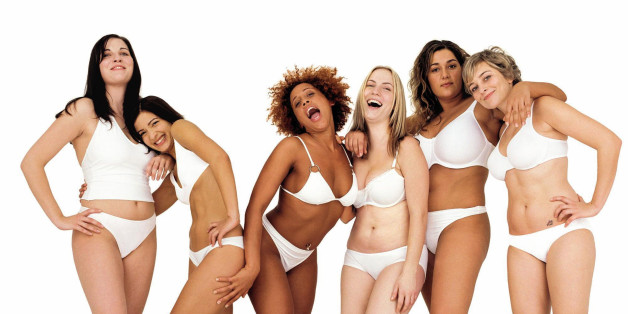Groundswell Chapter 10: The Evolution of Dove
In chapter 10 of “Groundswell: Winning in a World Transformed
by Social Technologies”, authors Charlene Li and Josh Bernoff discuss the
release of Dove’s initially groundbreaking “campaign for real beauty”. According
to Li and Bernoff, when Unilever (Dove’s parent company) first created these
commercials in 2003, “they took a big risk with the message, going against the
industry norm of using young, slender, perfect models and instead featuring everyday,
average women. . . it worked- people were definitely talking about the ad
campaign and Dove” (200). Initially, the ads featured only images of women like
the one below:
After
these ads created a buzz within the groundswell, Dove decided to take the
messaging a step further. They created a video entitled “Evolution” in 2005,
which exposed many of the photoshopping, airbrushing, and makeup techniques
used in traditional advertisements. The video was successful in getting people
talking about Dove; the authors cite this as proof that “[companies] need to
let go and embrace emerging media and give the consumer a voice in the brand”
(203).
When the book was first published, Dove was an example of
a company that was effectively using the groundswell in a creative way that had
never been done before. Its continuation in the modern day, however, is proof
of why it is important for brands to be constantly listening to the groundswell.
Dove has maintained their “real beauty” advertisements for over a decade past
the release of the first one, and as a result, they have shown a lack of
ability to evolve with the groundswell. In 2017, for example, they sustained a
number of controversies related to their newest attempts at branded feminism.
The first occurred in May, when they released a series of six differently
shaped shampoo bottles to represent different body types.
According to their own press release,
“Our six exclusive bottle designs represent this diversity: just like women, we
wanted to show that our iconic bottle can come in all shapes and sizes, too.”
The groundswell responded, however, with its own criticisms and mockeries, some
of which can be seen in the satirical tweets below.
Dove's parent company also sells skin whitening creams on a global scale, so forgive me for not falling all over myself with excitement https://t.co/EmYW3KDils— Bailey (@the_author_) May 8, 2017
.@Dove matches its new body wash bottles to your body type pic.twitter.com/zzxy21DYuH— FARGOND (@vrunt) May 8, 2017
which dove bottle slash hercules cartoon muse are you!!! pic.twitter.com/FwSWzoGzuR— Rebecca Caplan (@NotThatReba) May 8, 2017
An even worse PR failure, however, occurred in October of the same year. Dove released a commercial on Facebook that resulted in many accusing them of being racist. They pulled the ad, and released a statement apologizing for the mishap.
This commercial was even more harmful for Dove because it created the idea in many peoples’ minds that their Real Beauty campaign was disingenuous. According to Eric Joachimsthaler, CEO of the branding-strategy firm Vivaldi Partners, “With this unforced error, the company has unraveled the entire premise of its ‘Real Beauty’ campaign. . . this ad undermines the very brand value for which Dove stands”.
After nearly 15 years, it seems as though Dove needs to
drop the “Real Beauty” campaign and find a different element to focus on. Being
“woke” is a much taller order in 2019 than it was in 2004, and with the advent
of social media, missteps are more noticeable and less easily forgiven than
ever before.
Do you think there’s any
value to Dove keeping this campaign? Are there any other trends you can think
of that companies are clinging onto and need to be let go?



I agree that this campaign doesn't seem to resonate as well as it used to within the groundswell. After 15 years, of course things have changed. What people find important has changed, but also what people are saying about Dove as a brand has changed, too. If Dove were truly embracing the groundswell, I think they'd come up with a more "woke" campaign and honestly maybe change or innovate their product lines.
ReplyDeleteI don't know the bottle of skin care/cosmetic products have so much knowledge before viewing your blog. Dove wants to make something different on the packaging, but they ignore the problems that can happen, such as the feeling of women. I think Dove needs to remove a few bottles that make people have negative thoughts and use other art design elements. I have not noticed any similar trends in other companies.
ReplyDeleteHi, Allison! This is a fascinating example of a company that once had great marketing, but is now rife with mistakes and controversies. Dove clearly isn’t making good advertisements or campaigns anymore. The groundswell is speaking out against the company, and it's time that Dove makes some changes. Listening to and embracing the groundswell are some ways to alleviate its mistakes. Dove needs to take the input of its detractors and makes changes to their marketing that would make those detractors into promoters. Great post!
ReplyDelete